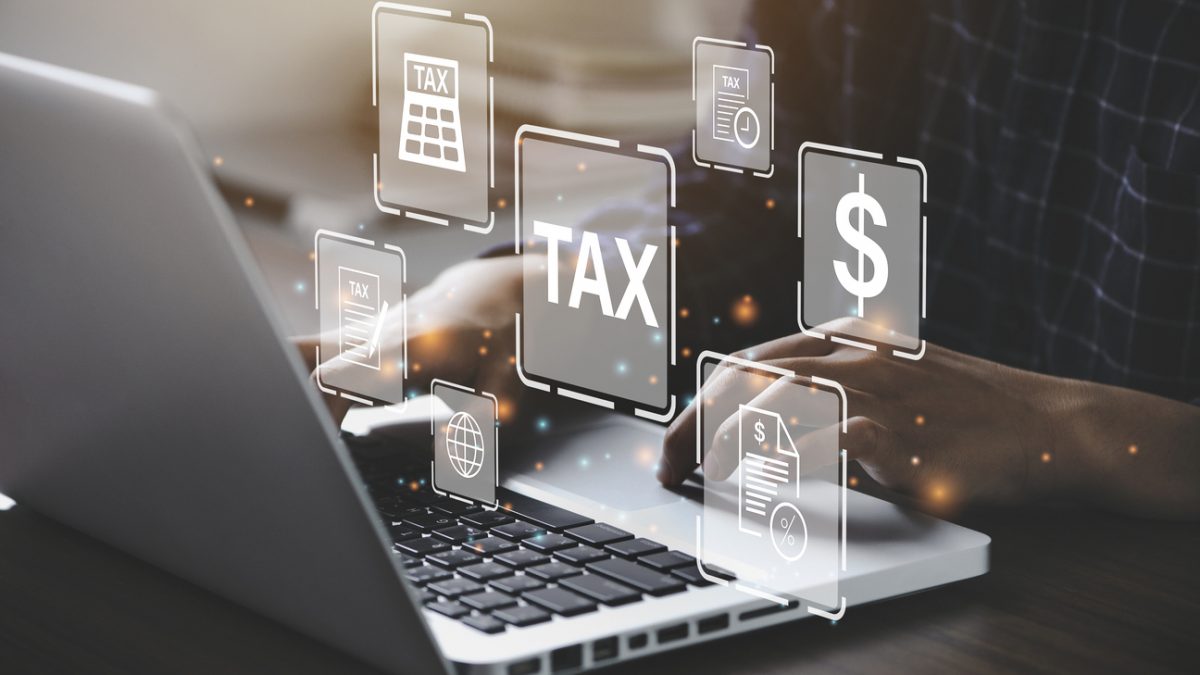Getting your business ready for tax time: A CFO’s guide for effective tax planning

Most small medium businesses we encounter have an Accountant preparing their end of year accounts and tax return starting some time after the mad end of financial year rush.
Hot tip: If your Accountant is not looking at your accounts until after end of Financial Year has passed often it is too late for them to advise on the best tax planning strategies available. And while there are Accountants who are wizards of their craft, we have yet to see one master the art of time travel.
As an experienced CFO to small medium sized businesses, we want to share with you our pick of the best strategies you can execute now to reduce your tax bill.
Deferring income and bringing forward expenses
For tax minimisation, businesses forecasting a taxable profit should aim to minimise income and maximise expenses in order to reduce assessable income and tax. The key here is to only delay income where it is practical and only bring forward expenses which you were going to incur anyway. It is important to remember two things:
- Just because you haven’t paid for something doesn’t mean that you can’t claim it. Businesses are entitled to an immediate deduction for most expenses that have been “incurred” but not paid by June 30.
- Even if you have received payment before June 30 for a good or service that will not be delivered until the new financial year you still are able to defer part or all of this income to the next financial year
Temporary full expensing | Instant Asset Write Off
This temporary investment tax incentive allows businesses with a turnover up to $5 billion to deduct the full cost of any eligible business asset, including the cost of improvements to existing assets, until 30 June 2023. For businesses with an aggregated turnover of less than $50 million this also includes second hand assets. This means, as long the asset is first held and ready for use by 30 June, you can claim its cost in full as a deduction in your tax return for this year. So this means time is running out and you need to move fast!!
Maximising Superannuation Contributions
Superannuation is one of the few business expenses in which simply incurring it does not allow for a tax deduction – it must actually be physically paid and the fund must receive the money before 30 June for a tax deduction to apply. So, if you have the cashflow and the timing works, we always encourage our clients to calculate Super payable right up until the June Quarter contributions and pay this before financial year end.
The Prepayment Rule
An immediate deduction is available to small businesses for the prepayment of certain expenses, such as lease payments, interest, rent, business travel, insurances and subscriptions up to 12 months in advance – if paid by June 30. This is particularly useful if you have the money in the bank and are going to be paying these expenses in the next 3 months anyway. Why not pay it now and claim the deduction in this year’s tax return!
Writing off Your Bad Debts
Businesses should review trade debtors to assess to determine whether any of the unpaid accounts are unrecoverable. If this is the case, they may be able to write these off as a bad debt to claim a tax deduction.
Creating a provision for the bad debt in your accounts is not enough though – you need to actually credit it out of your accounts to claim a deduction. However, it is important to ensure there is little to no prospect of recovery for the debt and to retain a written record of your efforts to recover, which is important if it is ever subject to review by the ATO.
Update the value of your Stock and Assets
If you are dealing in selling inventory or have a lot of fixed assets it can be difficult to keep your stock accurate all the time. As a minimum we advocate that businesses conduct one big annual count or spot counts to keep their accounts up to date with an accurate value of stock on hand. Where stock or assets have become obsolete, or their value has been impaired this presents an opportunity to write off the variance as a tax deduction.
Applying loss carry back provisions for companies
Companies that incur a tax loss in this financial year can use the loss to offset tax paid by the company in previous years. Applying loss carry back could result in a refund of tax that was paid in those years. As it is a refundable tax offset, it may result in a cash refund, a reduced tax liability or a reduction of a debt you owe the ATO. However, like the expanded Instant Asset Write Off this is a limited time only incentive and will no longer be available in future income years.
We encourage all businesses to speak with their CFO or Accountant and book a tax planning session now, before end of financial year passes, to discuss your position and the strategies available to them. While taxes may be certain, planning and timing is everything and a little bit of forward planning can make a significant difference to what you will pay when the tax man comes knocking.
If you need more information or help we are here to assist.
Note: This information is of a general nature only and does not constitute professional or tax advice. You must seek professional advice in relation to your particular circumstances before acting.
Joseph Essey – Associate Partner – Small & Medium Business Advisory, Accounting and Financial Control

Also Read: Your “Recession Proof” business tips that are essential for businesses at all times



